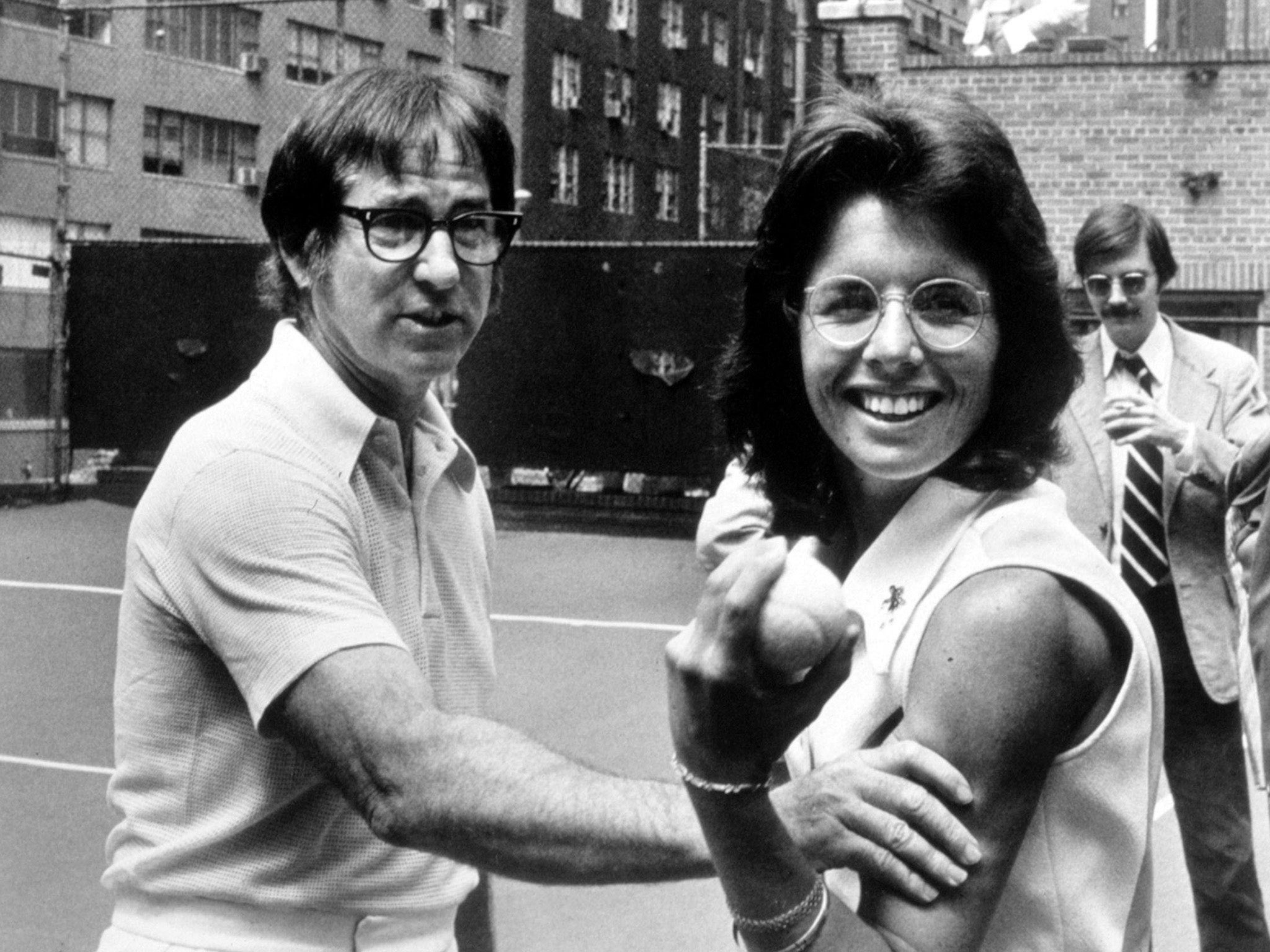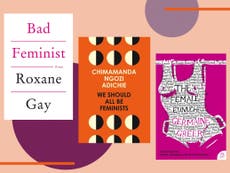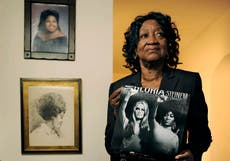Fifty years after sport’s ‘Battle of the Sexes’, what’s really changed?
The notorious 1973 tennis match between Billie Jean King and Bobby Riggs was a straight-sets victory against ‘male chauvinist pigs’. Claire Cohen looks back on one of the most-watched sporting events in history, and asks: why are women still being underestimated?


You’ve got to hand it to 1973. At least, back then, the “male chauvinist pigs” boasted proudly about believing that “women belong in the bedroom and kitchen”. We knew what we were dealing with a lot of the time, because it was glaringly obvious.
At least, Billie Jean King did. Fifty years ago today, then 29 and already a 10-time grand-slam champion, King took on former American number one Bobby Riggs – who spoke the charming words above – in a tennis match dubbed the “Battle of the Sexes”. It remains one of the most-watched sporting events in history, with 90 million TV viewers and more than 30,000 people on the court.




Join our commenting forum
Join thought-provoking conversations, follow other Independent readers and see their replies